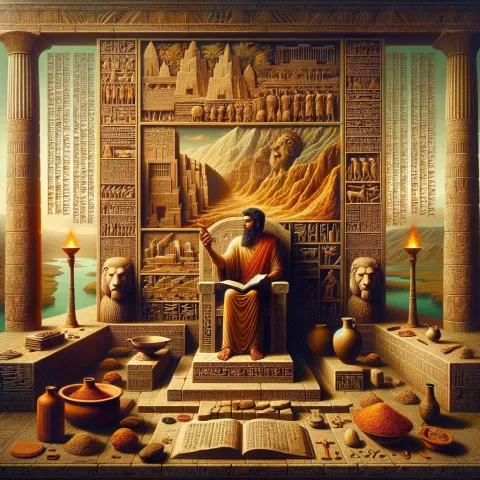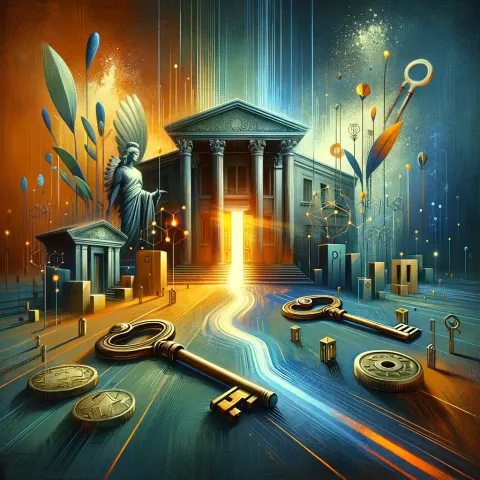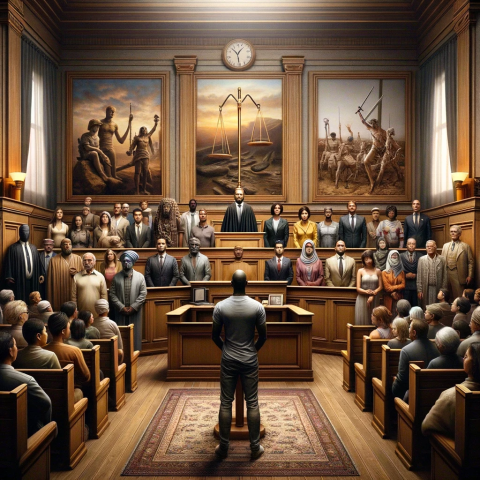The origins of legal definitions are deeply rooted in history, culture, and philosophy, evolving through various legal systems, traditions, and practices worldwide. Legal definitions serve as the backbone of legal interpretation and application, providing clarity and consistency within the legal framework. The diversity in the origins of legal definitions reflects the complexity and richness of legal thought across different eras and regions. Here is an overview of the different origins of legal definitions:
Common Law
Originating in medieval England, common law is characterized by the doctrine of legal precedent or case law. Legal definitions in this system often derive from judicial decisions where judges interpret statutes, regulations, and prior rulings. Over time, these interpretations establish a consistent body of law that shapes the definition of legal terms.
Civil Law
Stemming from Roman law, the civil law system is predominant in Europe, Latin America, and parts of Asia and Africa. It relies on comprehensive codes that cover broad areas of law, including civil, criminal, and commercial law. Legal definitions in this tradition are typically found in legislative texts and are interpreted according to doctrinal writings and principles.
Religious Law
Legal definitions within religious law systems, such as Islamic Sharia, Jewish Halacha, and Canon law of the Catholic Church, are derived from religious texts, interpretations, and traditions. These systems integrate religious beliefs with legal principles, influencing the definitions of legal concepts in areas like marriage, inheritance, and contracts.
Customary Law
Customary law is based on traditions and practices of indigenous communities and societies. Legal definitions in this context emerge from long-standing customs and social norms, recognized as binding among members of the community. Customary law often coexists with formal legal systems and can significantly influence the interpretation and application of legal concepts, especially in matters related to land rights and community relations.
International Law
In the realm of international law, legal definitions are shaped by treaties, conventions, and agreements among states, as well as the rulings of international courts and tribunals. These definitions are crucial for addressing issues that transcend national boundaries, including human rights, environmental protection, and global trade.
Philosophical and Ethical Theories
Legal definitions are also influenced by philosophical and ethical theories that explore concepts of justice, rights, and duties. Philosophers like Aristotle, Thomas Aquinas, John Locke, and Immanuel Kant have contributed to the development of legal concepts and definitions, shaping the moral and ethical foundations of legal systems.
Societal and Cultural Influences
The evolution of societal values and cultural norms plays a significant role in shaping legal definitions. Changes in societal attitudes towards issues such as gender equality, freedom of expression, and privacy have led to the evolution of legal concepts and the redefinition of legal terms to reflect contemporary values.
The dynamic and multifaceted origins of legal definitions underscore the interplay between law, society, and culture. Understanding these origins is essential for interpreting and applying the law effectively across different jurisdictions and legal traditions.




